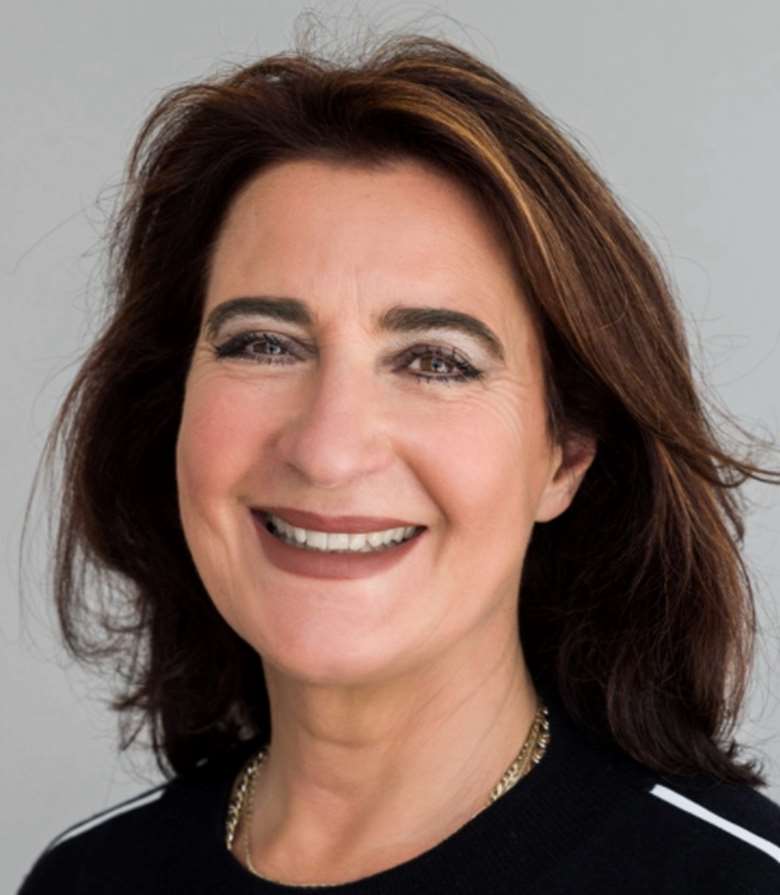'A willingness to listen, to compromise': artist managers forge new connections
Andrew Green
Thursday, August 5, 2021
New partnerships are forming between artists managements in the wake of the Covid crisis. Andrew Green reports


Register now to continue reading
Don’t miss out on our dedicated coverage of the classical music world. Register today to enjoy the following benefits:
- Unlimited access to news pages
- Free weekly email newsletter
- Free access to two subscriber-only articles per month
